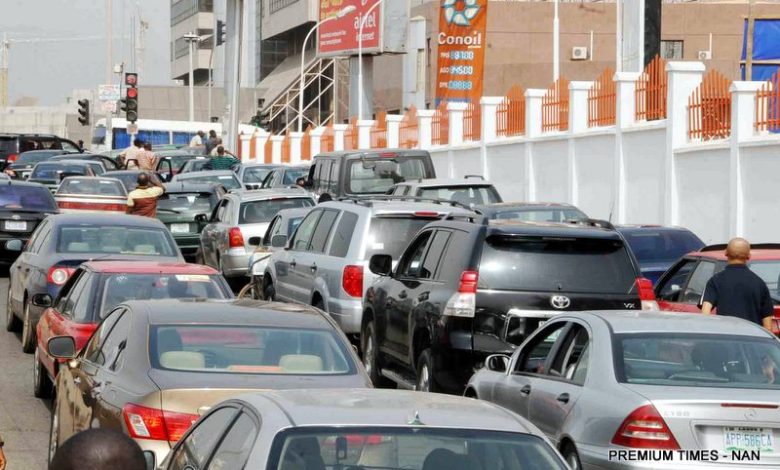
The recent fuel price hike in Nigeria, with prices now exceeding N1,000 per liter in some areas, has sparked widespread concern across the country. The increase has intensified inflationary pressures, further driving up the cost of living for millions of Nigerians. Industries that rely heavily on fuel, such as manufacturing, agriculture, and logistics, have seen a sharp rise in operational costs, leading to potential layoffs and business closures. For small businesses, which already face high costs due to unreliable electricity supply, the situation is even more precarious.
The spike in transportation costs has had a cascading effect on food prices and other essentials, compounding the financial strain on households. With inflation already at a two-decade high, many Nigerians are struggling to afford basic needs, raising fears of social unrest. The government’s removal of fuel subsidies, while aimed at fostering market efficiency, has placed further economic burden on the population without sufficient support measures.
There is growing pressure on the government to provide immediate relief, such as subsidized public transportation or support for low-income households, to mitigate the harsh impact of these price hikes. Without significant interventions, the economic disparity in Nigeria could deepen even further.




